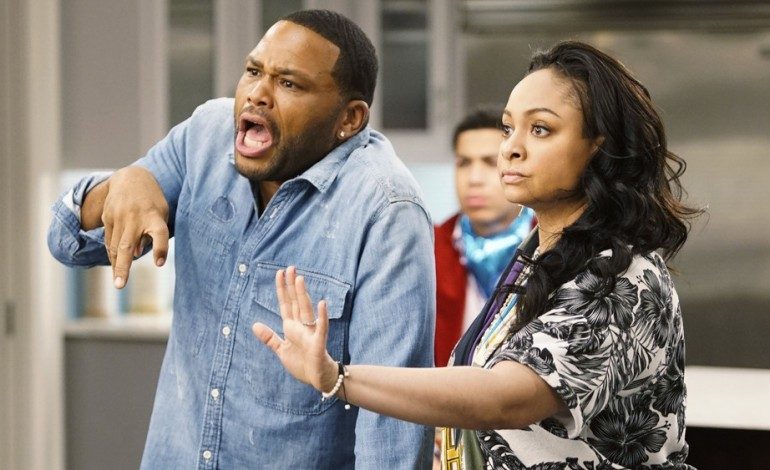

Black-ish is one of those rare comedies where the cast meshes extremely well together and the jokes are intelligent yet consistently funny. Not only that, but it is one of the most watched comedies on television right now, also having earned several Emmy nominations.
This Thursday, at Black-ish‘s panel at the Television Critics Association press tour, in response to a reporter asking what percentage of the show’s audience was black, show creator Kenya Barris stated that it didn’t matter. “It’s ridiculous: Everything is about black and white,” he said. “It doesn’t matter who’s watching our show. What counts is, they’re watching it.”
Barris says people should not focus on the race of the characters on Black-ish, given that the show is universal and relatable to all families.
He added, firing back at the reporter, “It’s specifically about a black family, but don’t you see yourself in it? Don’t you see your family reflected in it? Why is that important who watches the show? Why does it matter? Why do we have to keep having these conversations? Why can’t we just look at the show for what it is and celebrate these actors?”
The cast, also frustrated by the reporter’s question, weighed in.
“How many other shows this week have you asked that same question?” Tracee Ellis Ross, who plays matriarch Rainbow, asked. The reporter answered, “None,” and with this Ross made her point.
Anthony Anderson, who plays patriarch Andre, said. “I’m proud to be up here on the stage with all these foot soldiers up here, because this is for us, by us. We get to tell our stories every week that resonate with an audience globally. We couldn’t ask for anything more than that.”
It was later revealed by Barris that the series’ audience is mostly white and 23% black.
The show embraces its black heritage and has shed light on issues in the black community, even having dedicated an episode to the issue of police brutality. Black-ish gets people talking and depicts black culture honestly, which is all that really matters to the showrunner and cast. “For a long time, black culture was shown under a monolithic light,” Barris said. “We are not a monolithic culture. We need to allow more voices within the community to be heard and if we have love for one another, we can take those voices in and make them become something more than just words.”
